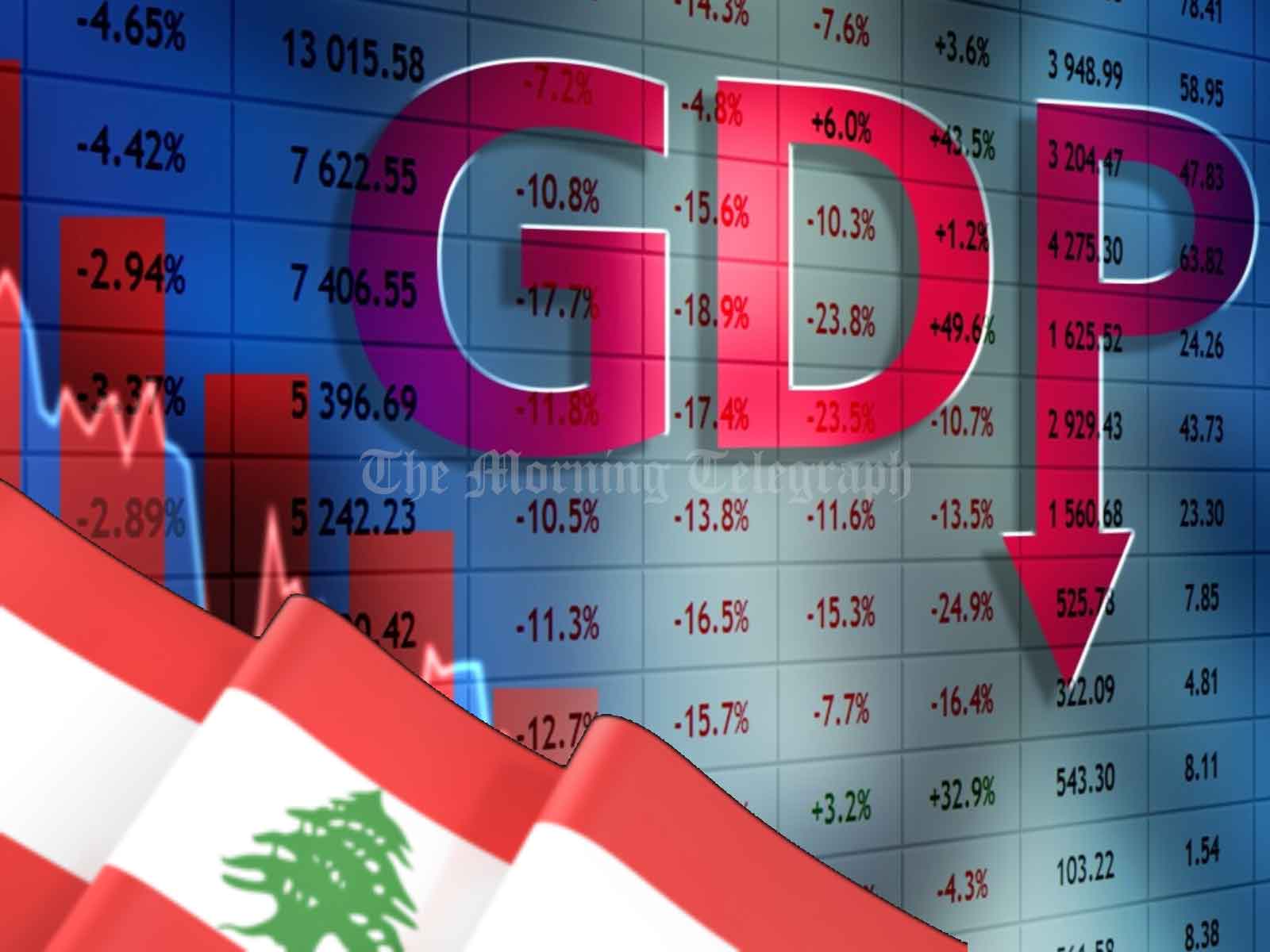
New York: The ongoing war between Israel and the militant group Hezbollah is projected to reduce Lebanon’s national wealth by 9% as measured by its gross domestic product (GDP), according to a report from the United Nations. This assessment, released ahead of a summit in France aimed at garnering international support for Lebanon, indicates that the scale of the current conflict is set to surpass the economic fallout experienced during the last war in 2006.
The UN Development Programme (UNDP) anticipates that the conflict could continue until the end of 2024, which would lead to a 30% increase in the government’s financing needs for a country already grappling with severe economic difficulties even before the violence erupted.
The report states, “GDP is projected to decline by 9.2% compared to a no-war scenario, indicating a significant decline in economic activity as a direct consequence of the conflict (around $2 billion).”
UNDP further indicated that even if hostilities cease in 2024, Lebanon would continue to feel the adverse effects for years to come, with GDP likely contracting by 2.28% in 2025 and 2.43% in 2026.
Lebanon was already enduring a four-year economic downturn and a political crisis when Hezbollah began launching rockets at Israel last year in solidarity with Hamas. In late September, Israel significantly escalated its airstrikes across Lebanon, targeting southern suburbs of Beirut, major cities in the south, and parts of the eastern Bekaa Valley, including the Syrian border.
The UNDP estimates that damage to physical infrastructure, housing, and production capacities, such as factories, could be comparable to the $2.5 billion to $3.6 billion estimated for the 2006 conflict. However, the overall damage from the current war is expected to be greater.
The report highlights that the closure of critical border crossings for trade will likely result in a 21% decline in trade activities, with job losses anticipated in sectors like tourism, agriculture, and construction. Lebanon has also suffered “massive environmental losses” over the past year, exacerbated by unexploded ordnance and contamination from potentially hazardous materials, particularly the use of white phosphorus in southern Lebanon.
Government revenues are expected to fall by 9%, with total investment decreasing by more than 6% through both 2025 and 2026. Consequently, the UNDP stresses the necessity for increased international assistance to facilitate sustainable recovery in Lebanon, not only to address the surge in humanitarian needs but also to mitigate the long-term social and economic consequences of the ongoing conflict.
Lebanon’s minister responsible for crisis response informed Reuters that the country requires $250 million per month to assist over 1.2 million people displaced by Israeli strikes.
The UNDP’s report serves as a crucial reminder of the far-reaching implications of the conflict on Lebanon’s economy and the urgent need for a resolution to restore stability in the region.




